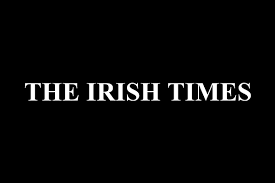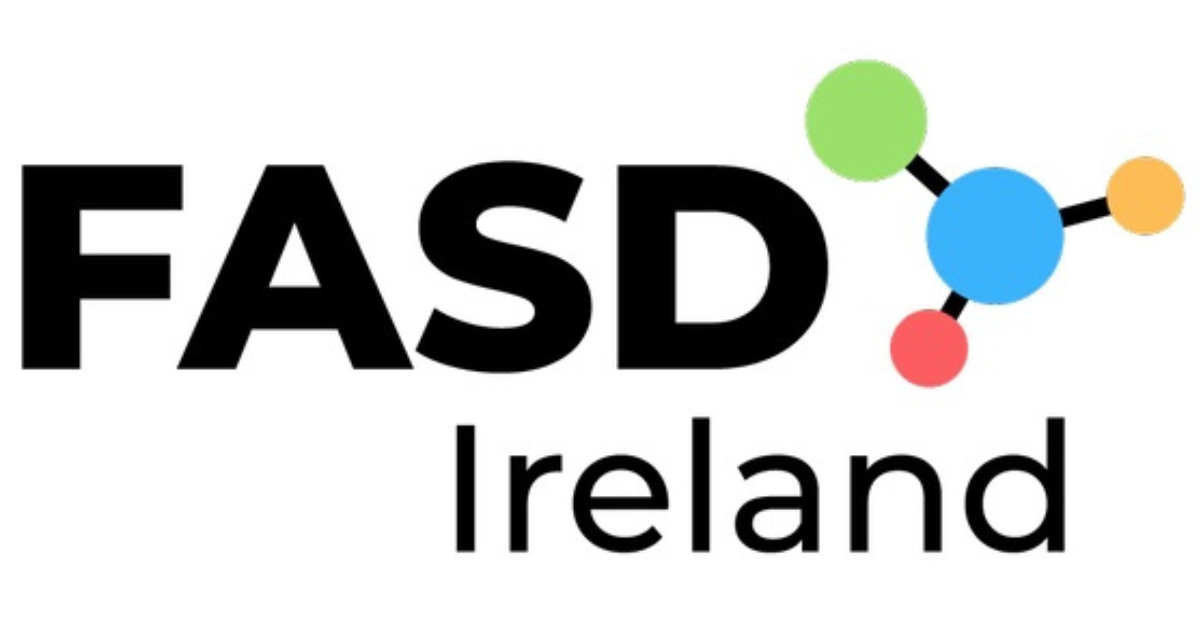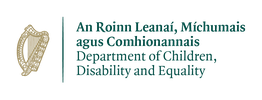
Alcohol label plan praised and criticised
CORMAC McQUINN
24th July 2023
Britain and Canada express interest in initiative as others voice complaints
When Minister for Health Stephen Donnelly signed "the world's first comprehensive health labelling of alcohol products" into law last May he said he looked forward to "other countries following our example".
Correspondence on the initiative released by the Department of Health does indeed show some foreign interest in the initiative while also offering an insight into some of the concerns raised about the plans in Ireland
Issues raised with the Minister range from a suggestion by foetal alcohol spectrum disorder (FASD) campaigners that the plans for the labels do not go far enough to complaints that the labels will not be bilingual and concern from the drinks sector at the impact on wine imports.
Records released under the Freedom of Information Act show how politicians in Britain and Canada have sought meetings with Mr Donnelly to find out more about the planned labels which are due to appear on beer and wine bottles in 2026.
The Irish Times previously reported how Eurocare, an alliance of 51 organisations that aim to reduce and prevent alcohol-related harm in Europe, praised the plans in a letter to Taoiseach Leo Varadkar, Tánaiste Micheál Martin and Mr Donnelly.
It likened the initiative to the workplace smoking ban brought in by Ireland almost 20 years ago and suggested the alcohol labelling plans were a “turning point for public health” that would bring about “a significant reduction in alcohol-induced harm, not just in Ireland but globally”.
Domestic Concerns
But the correspondence also reveals domestic concerns at the plans.
Chief executive of FASD Ireland Tristan Casson-Rennie wrote to Mr Donnelly in May expressing his disappointment at the planned labels.
FASD Ireland describes foetal alcohol spectrum disorder as “Ireland’s silent epidemic” and estimates there are 244,000 people affected by conditions related to alcohol exposure before birth.
Mr Casson-Rennie told Mr Donnelly the planned image of a pregnant woman holding a wine glass, with a red line through the woman, should not be used, saying, “It further reinforces the message of blame and shame on the pregnant woman, and not on the effects of prenatal alcohol exposure.”
He argued there should be a written warning that “no amount of alcohol is safe at any time when trying to conceive or get pregnant” and it should be across the front of any alcohol container, not at the rear of the bottle.
The department said: “The pregnancy pictogram included in the labelling law was chosen based on international and national data as being the most effective method to convey the intended message.”
In other correspondence, Fine Gael MEP Frances Fitzgerald passed on an email from Wines Direct chief executive Gareth Keogh who said Ireland was going on a “solo run”.
Mr Keogh said his business deals with independent, family-run suppliers and labelling specifically for Ireland would be an “extra cost and will render the wine unsellable in the rest of Europe”.
He suggested that such winemakers “will simply stop supplying the Irish market”.
'A Shame, not disaster'
He added that winemakers would “easily find another market”, adding “Losing the Irish market for them would be a shame but not a financial disaster. However for us it would be catastrophic.”
Mr Keogh also wrote that while it was not his main point, it was repeatedly said to him during a trip to Italy that “Ireland is being used as a rod to beat the wine industry.”
He said, “All EU countries have their own anti-alcohol activists and the Irish Government’s move has had the effect to put pressure on EU national governments to start putting health warnings on wine.”
He added, “Imagine if the French insisted that Ireland put carcinogen warnings on beef.”
The department’s response outlines how the labelling legislation has a three-year lead-in time and will not come into force until May 2026 to allow businesses time to prepare for the measure.
It said it was designed to be “proportionate and balanced” and it provided the option that the health warnings would be on a sticker attached after the alcohol was imported into Ireland.
Mr Keogh told The Irish Times that the extra costs of such stickers would still fall to the winemaker and many would “object to having a label equating their wine with cancer and just refuse to export”.
Green Party TD Neasa Hourigan wrote to Mr Donnelly in March asking him reconsider the decision not to include Irish language warnings on the new labels.
She said: “There seems little consistent reasoning why the producers of wet wipes, tobacco, sanitary items and cups should be bilingual, and alcohol producers should be exempt.”
The department said that the Public Health (Alcohol Act) 2018 required licensed and off-licence premises and websites that sell alcohol to have bilingual notices displayed.
It added that “In the case of labels on alcohol products, the information is required in the English language only” and that this was done “in the interests of proportionality… to lessen the burden on businesses.”
The original article is located
here.




